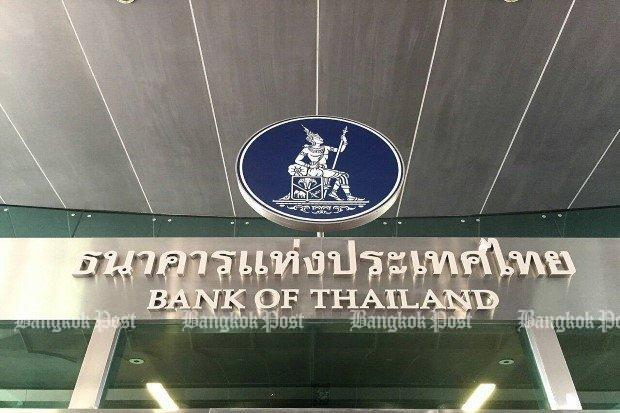
Thailand's central bank is expected to leave its policy rate unchanged again on Wednesday as the economy is gaining traction while domestic demand is soft and inflation subdued.
All 20 economists in a Reuters poll forecast the Bank of Thailand (BoT)'s monetary policy committee will keep its one-day repurchase rate at 1.50%, where it has been since a cut in April 2015. The rate is 25 basis-points above the record low.
Nine of 13 polled analysts who gave a longer-term view predicted no policy rate change for the rest of 2018, while four predicted increases.
BoT Governor Veerathai Santiprabhob told Reuters on March 14 that economic momentum has exceeded expectations, but monetary policy still needs to remain accommodative to support recovery.
Growth in Southeast Asia's second-largest economy has picked up but still lagged peers. A global recovery has lifted Thai exports and tourism, but inflation remains below the BOT's 1-4% target range.
"Economic growth has improved, but underlying fundamentals continue to be dogged by weak domestic spending," said ING economist Prakash Sakpal, who sees no rate change in 2018.
Domestic demand has continued to expand but crimped by high household debt, while a strong baht is a risk to export competitiveness.
The BoT has said it will act if the baht moves too fast, although it thinks the baht's strength has had little impact on exports.
Rate increase this year?
ANZ does not think the strong baht is killing Thailand's competitiveness and the BoT could be the last central bank in the region to normalize policy.
The baht has appreciated about 4.5 against the dollar this year after gaining 9% in 2017.
The BoT has forecast economic growth of 3.9% this year, as in 2017, and a 4.0% export rise. It is likely to upgrade those estimates on Wednesday.
Tim Leelahaphan, economist at Standard Chartered, expects the policy rate to rise 50 basis points this year, starting from the third quarter, due to global tightening and the BOT's concern about risks from keeping rates too low for too long.
UOB predicts a quarter-point rate rise in the second half.
The BoT last raised its policy rate in August 2011, a quarter-point increase to 3.50%.